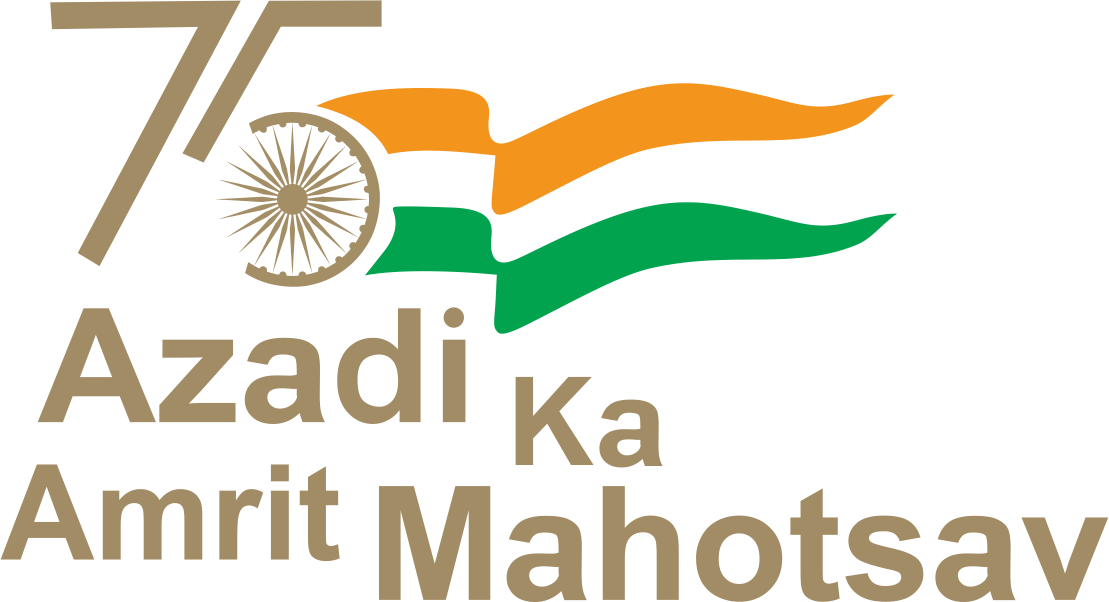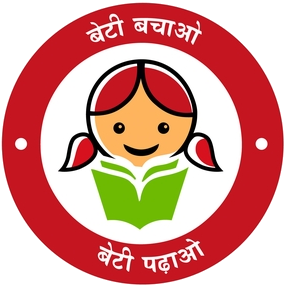INDGAP
Globalization has made a significant change in the worldwide agricultural market and increased the options for sourcing of agricultural produce. In order to be on par with the standards laid by the importing countries for the agricultural produce, certain standards has to be laid on the agricultural practices (regarding usage of pesticides as well as harvesting and post-harvest processing techniques) to check the food safety concerns like pesticide residue, microbial contamination, adulteration etc .
To enable farm produce to be intentionally competitive, it is ideal to incorporate the globally accepted Good Agriculture Practices (GAP) in the farm practices. GAP defined by FAO is, “ Collection of principles to apply for on-farm production and post-production processes, resulting in safe and healthy food and non-food agricultural products, while taking into account economic, social and environmental sustainability.”
Quality Council of India ( QCI) is an organization jointly set up by Government of India and Indian industry, to establish and operate national accreditation structure and promote quality through National Quality Campaign. In order to enhance competitiveness of Indian spices in the international market, the QCI had launched the INDGAP scheme for small and marginal farmers in Sept 2014. The IndGAP standards is tailor made to suit the needs of the small and marginal farmers, who form the majority in India, allowing them to move up to the International GAP in a phased manner.
The INDGAP certification scheme is aligned as per ISO 17065, the international standard for product/process certification requirements, complete with certification and accreditation framework. The standards ensure greater efficiency in production, improves business performance, and benefits farmers, retailers, and consumers throughout the world.
Spices Board entered a MoU with QCI to carry out “Pilot project on IndGAP Certification of spices”. In the pilot phase, five projects were implemented through QCI from the various clusters identified in the Agriculture Export Policy (AEP). All the projects were certified and certificates were issued. The five projects details are given below:
| Sl. No. | Spices | District | Project |
|---|---|---|---|
| a. | Cumin | Balmer district, Rajasthan | Nedspice Processing India Pvt. Ltd. |
| b. | Cumin | Jaisalmer district, Rajasthan | AVT McCormick Ingredients Pvt. Ltd. |
| c. | Small Cardamom | Idukki district, Kerala | Peermade Development Society (PDS) |
| d. | Small Cardamom | Idukki district, Kerala | Royal Bird Charitable Society |
| e. | Chilli | Warangal district, Telangana | AB Mauri India Pvt. Ltd |
In the second phase of “Pilot project on IndGAP Certification of spices”, five more projects has also been implemented in collaboration with QCI. All the projects were certified and certificates were issued. The five project details of second phase are given below:
| Sl. No. | Spices | District & State | Project |
|---|---|---|---|
| a. | Cumin | Pali, Rajasthan | M/s Jaitaran Farmers Producer Company Ltd |
| b. | Coriander | Guna, Madhya Pradesh | Jay Shri Bajrangarh Organic Farmers Producer Company Limited |
| c. | Fennel | Unjha, Gujarat | M/s Krushidhan Producer Co. Ltd |
| d. | Black Pepper | Allurisitarama, Andhra Pradesh | Modapalli Farmers Producers Organisation |
| e. | Turmeric | Nizamabad, Telengana | Morthad Fed Producer Company Limited |







